The Future of Cabinet Construction Embracing Sustainability and Smart Technology Trends
In the evolving landscape of interior design, the future of cabinet construction is increasingly intertwined with sustainability and smart technology advancements. According to a report by the National Kitchen and Bath Association (NKBA), over 70% of consumers now prioritize environmentally friendly materials in their cabinetry choices, reflecting a significant shift towards sustainable practices.
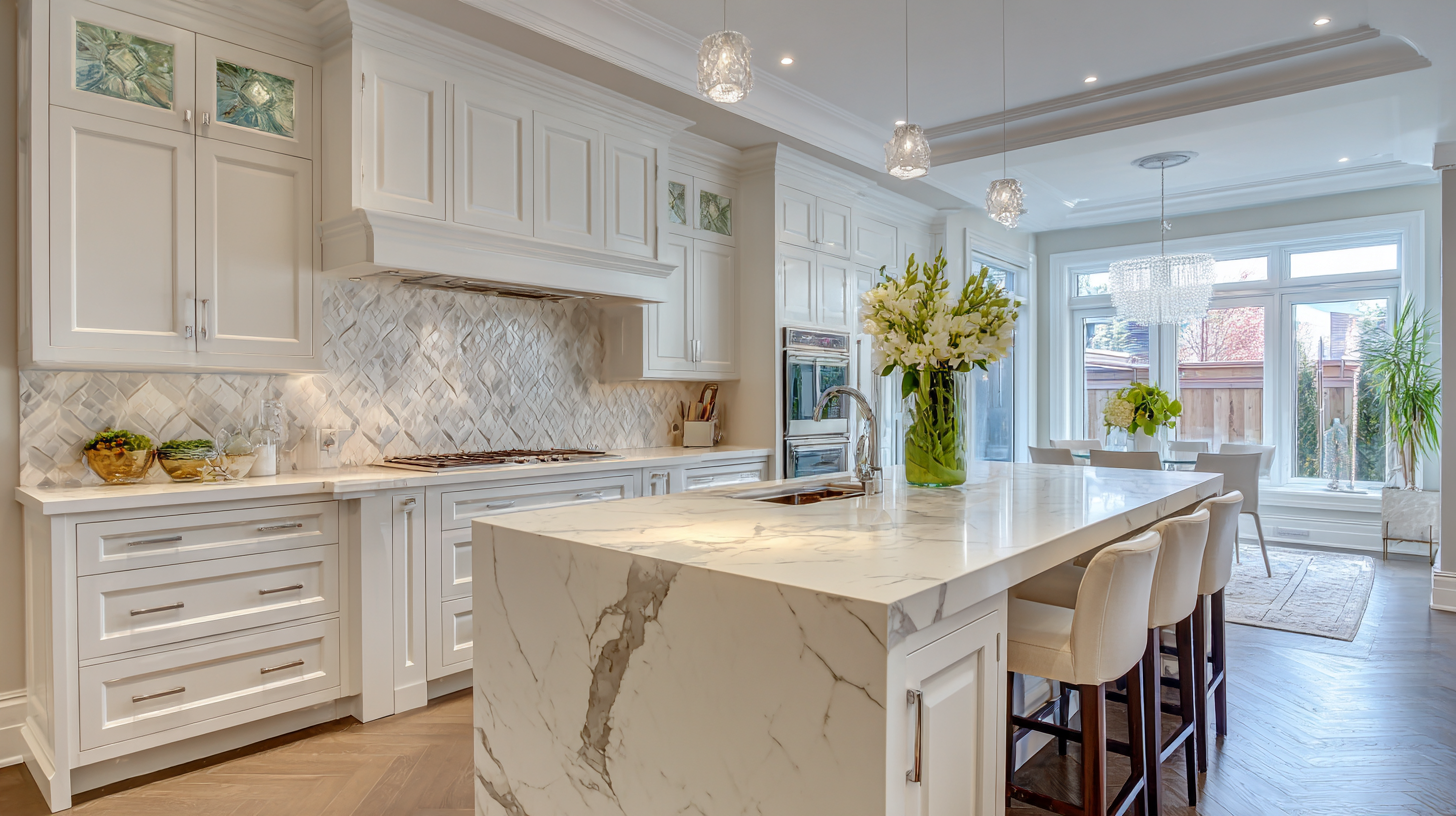 Moreover, the integration of smart technology into cabinet construction is on the rise, with a forecasted growth in smart home technology adoption expected to reach 30% by 2025, as reported by Statista. This movement not only enhances functionality and convenience for homeowners but also contributes to reducing environmental impact through energy-efficient solutions. As the cabinet construction industry embraces these trends, it is poised to redefine modern living spaces, making them more efficient, sustainable, and user-friendly.
Moreover, the integration of smart technology into cabinet construction is on the rise, with a forecasted growth in smart home technology adoption expected to reach 30% by 2025, as reported by Statista. This movement not only enhances functionality and convenience for homeowners but also contributes to reducing environmental impact through energy-efficient solutions. As the cabinet construction industry embraces these trends, it is poised to redefine modern living spaces, making them more efficient, sustainable, and user-friendly.
The Rise of Eco-Friendly Materials in Cabinet Construction: A Statistical Overview
The rise of eco-friendly materials in cabinet construction is becoming a prominent trend in the global home decor market, which is projected to expand significantly from $802.26 billion in 2025 to $1,097.51 billion by 2032. As consumers become increasingly aware of environmental issues, the demand for sustainable building materials has surged. This shift is reflected in the growing popularity of kitchen cabinets and cupboards designed with eco-friendly features, projected to witness a steady 2.7% compound annual growth rate (CAGR) through 2035.
Recent statistics indicate that the construction industry is evolving towards more sustainable practices, with a focus on integrating recycled materials into new projects. For instance, only 13% of natural resources used in the Dutch economy were sourced from recycled materials in 2020, highlighting the need for improvement in circularity within the sector. The incorporation of smart technology alongside sustainable materials represents a holistic approach to modern cabinet construction, where innovation meets environmental responsibility, paving the way for a more sustainable future.
Integrating Smart Technology in Kitchen Cabinets: Market Trends and Consumer Preferences
The integration of smart technology into kitchen cabinets is becoming a defining trend in the modern home. As consumers increasingly prioritize functionality and sustainability, the demand for smart kitchen solutions is rising significantly. Features such as built-in connectivity to smart home systems, automated lighting, and temperature controls are changing the way residents interact with their kitchens. This shift is not only enhancing convenience but also promoting energy efficiency, making smart cabinets a valuable investment for environmentally-conscious consumers.
Market analysis indicates that the smart furniture segment, which includes kitchen cabinets, is poised for growth, driven by consumer preferences for innovative design and multifunctionality. As households seek to maximize space and improve usability, modular designs that incorporate smart technology are becoming increasingly popular. Additionally, the rise of e-commerce has allowed consumers to easily access a wide range of options tailored to their specific needs, further fueling the market's expansion. With an anticipated CAGR of over 5%, the future of kitchen cabinets looks bright as sustainable practices and technological advancements continue to shape consumer expectations.
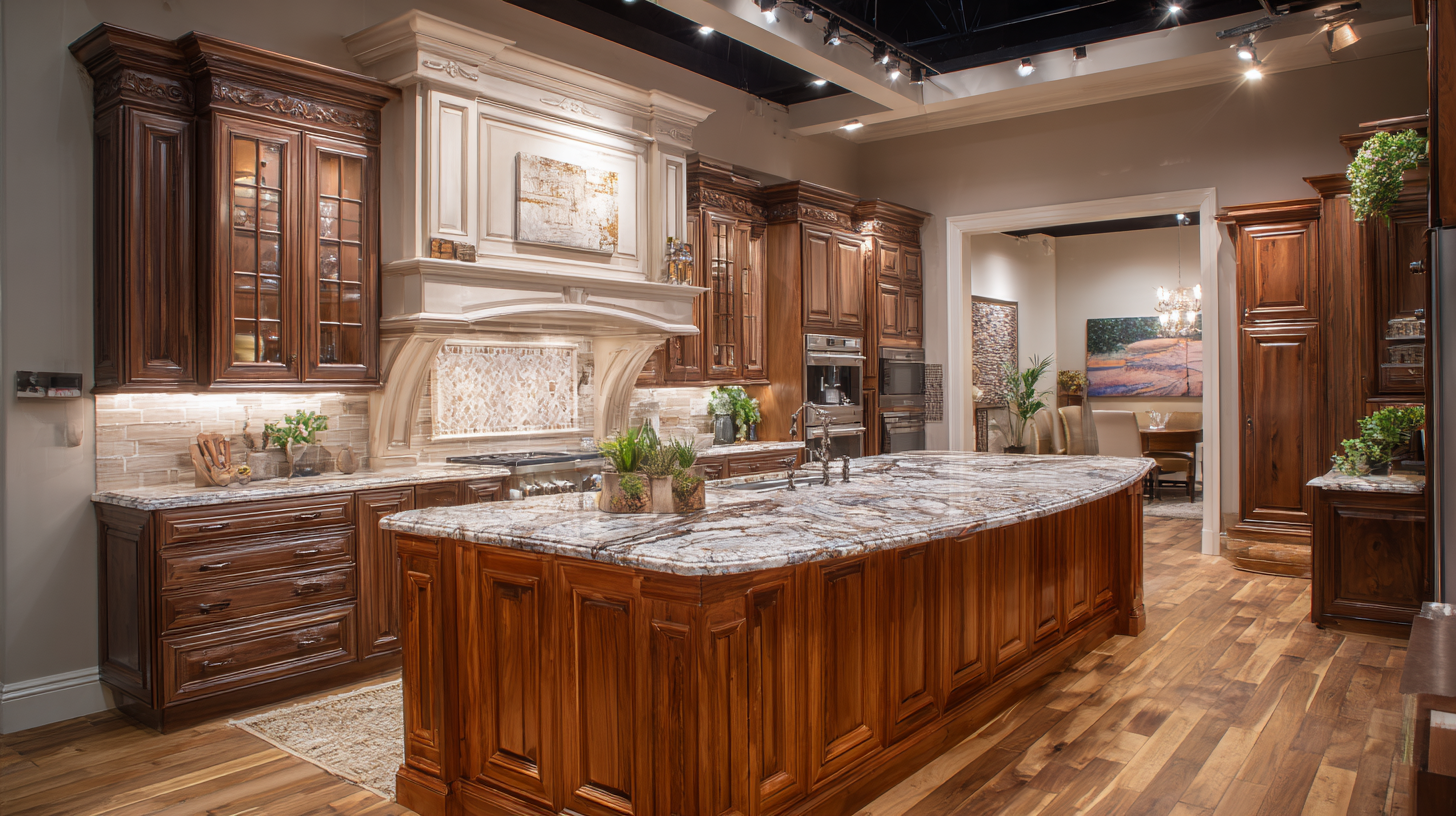
Energy Efficiency in Cabinet Design: Key Metrics and Innovations for Sustainability
The integration of energy efficiency in cabinet design is becoming increasingly vital as sustainability takes center stage in modern construction practices. Key metrics such as energy consumption during production, lifecycle assessments, and material sustainability are essential in evaluating cabinet systems. Innovative materials, such as recycled woods and low-VOC finishes, contribute significantly to reducing the environmental footprint of cabinetry while ensuring durability and aesthetic appeal.
Smart technology trends further enhance the energy efficiency of cabinet construction. Incorporating sensors that monitor usage patterns can lead to intelligent lighting systems within cabinets, which turn on only when needed, thus minimizing unnecessary energy use. Additionally, the integration of software tools helps designers optimize layouts for efficient material use, reducing waste. As the demand for eco-friendly solutions grows, these advancements in energy-efficient design not only appeal to environmentally conscious consumers but also set new standards in the cabinetry industry.
The Impact of Modular Cabinet Systems on Waste Reduction and Sustainability Goals
The rise of modular cabinet systems is transforming the landscape of interior design, significantly contributing to waste reduction and sustainability objectives. By utilizing pre-manufactured components, these systems allow for greater flexibility and customization, minimizing the need for extensive cutting and processing of materials on-site. This not only decreases leftover materials but also leads to less energy consumption during construction. As a result, homeowners and builders alike are increasingly turning to modular solutions to align their projects with eco-friendly practices.
Moreover, modular cabinets promote a circular economy by encouraging refurbishment and reuse. Instead of discarding entire units due to small damages or style changes, individual components can be replaced or upgraded with ease. This adaptability extends the lifecycle of products, reducing landfill contributions and promoting responsible resource use. Designed with sustainability in mind, many modular cabinet systems incorporate recycled materials and low-impact manufacturing processes, further enhancing their environmental credentials. In this way, the integration of modular cabinets not only supports aesthetic and functional goals but also plays a crucial role in achieving broader sustainability targets.
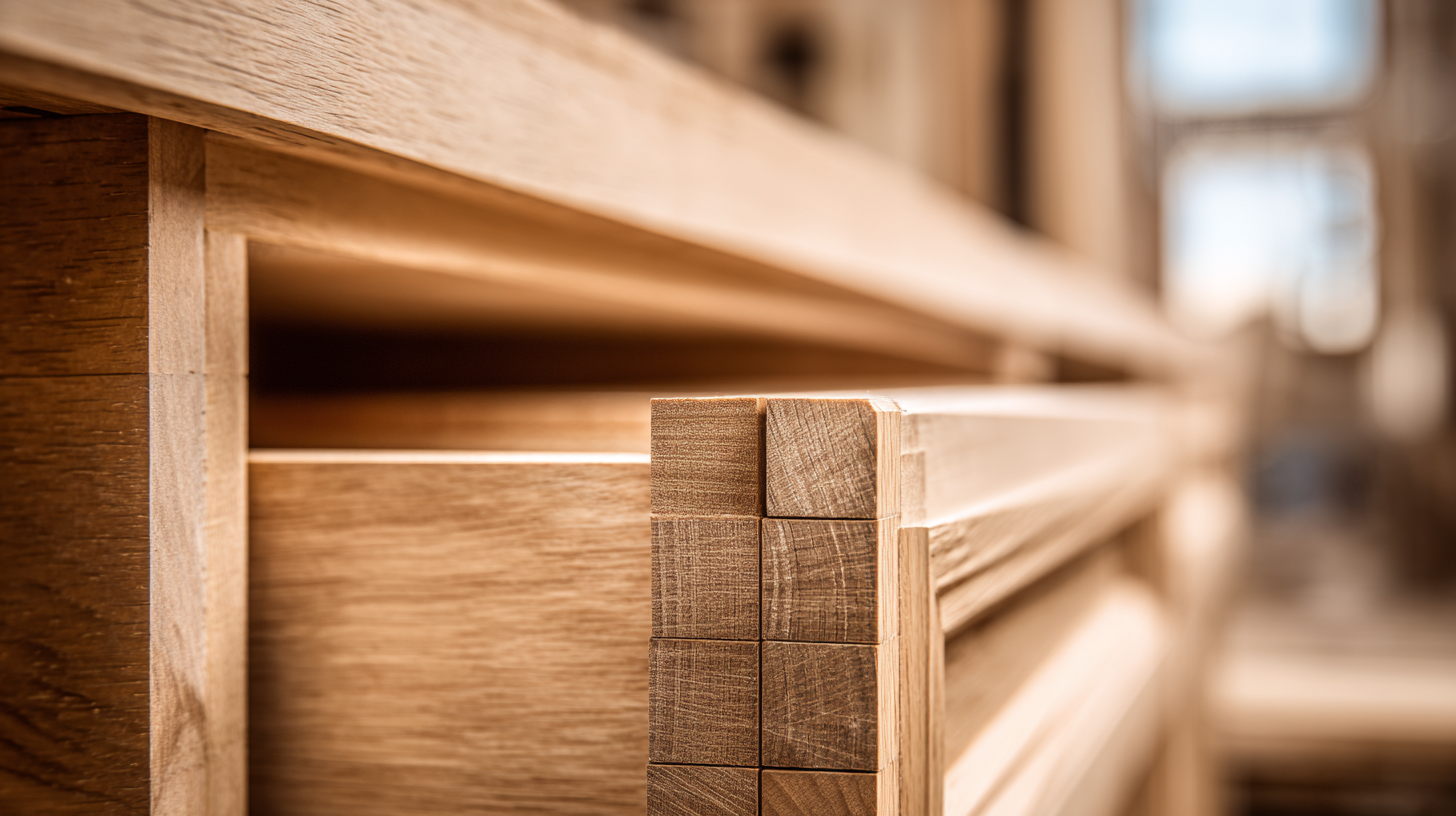
Future Consumer Demands: Balancing Aesthetics with Eco-Conscious Cabinet Solutions
As consumer preferences evolve towards sustainability, the cabinet construction sector is witnessing a shift towards eco-conscious solutions that also prioritize aesthetics. The burgeoning market for cabinet hardware, valued at approximately $9.9 billion in 2023, indicates a growing demand for products that are not only functional but also visually appealing. By 2032, this market is projected to reach nearly $18 billion, driven by an increasing awareness of environmental impact alongside a desire for stylish home interiors.
Innovations such as the introduction of products that harmonize minimalist design with high functionality reflect this balance of aesthetics and eco-friendliness. The launch of new refrigerator models underscores this trend, showcasing how modern appliances can enhance living spaces while meeting the needs of environmentally aware consumers. As manufacturers respond to these evolving demands, consumers can expect a future where every element of their kitchen, including cabinets, not only contributes to a beautiful home but also supports sustainable living practices.
The Future of Cabinet Construction: Embracing Sustainability and Smart Technology Trends
| Dimension | Trend | Consumer Demand | Sustainability Factor |
|---|---|---|---|
| Materials Used | Recycled and Reclaimed Wood | High Demand for Eco-Friendly Options | Reduces forest depletion |
| Manufacturing Process | Low-VOC Finishes | Preference for Non-Toxic Products | Improves indoor air quality |
| Smart Features | Integrated Lighting and Sensors | Growing Interest in Smart Homes | Enhances energy efficiency |
| Design Aesthetics | Minimalist and Functional Design | Desire for Clean and Clutter-Free Homes | Encourages sustainable living |
| Lifecycle Management | Modular Cabinetry | Demand for Adaptability in Spaces | Promotes longevity and reuse |
Related Posts
-
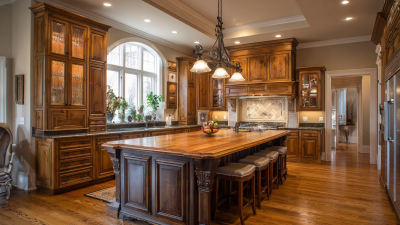
Ultimate Guide to Sourcing Custom Cabinets for Your Business Success
-
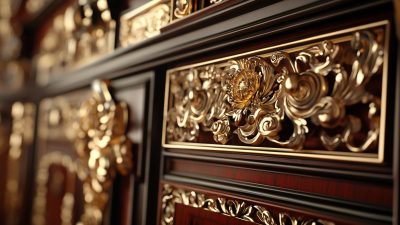
Discover the Versatility and Elegance of Royal Cabinets for Your Global Sourcing Needs
-
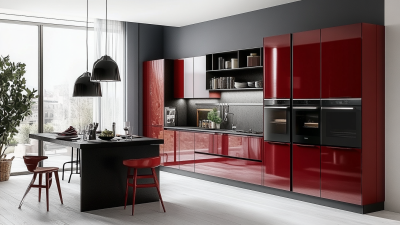
How to Elevate Your Home with Stylish Contemporary Kitchen Cabinets
-
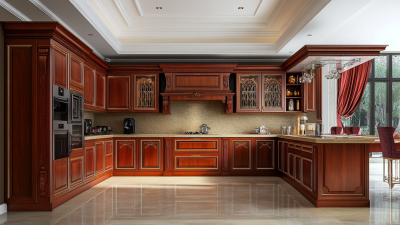
Leading the Global Market with China’s Custom Kitchen Cabinet Manufacturing Excellence
-
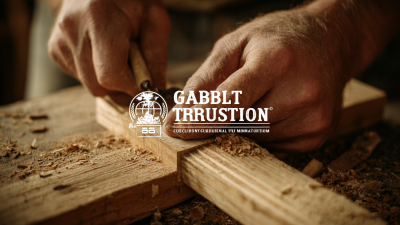
Unmatched Quality in Cabinet Construction Why Global Trust in Chinese Manufacturing Endures
-
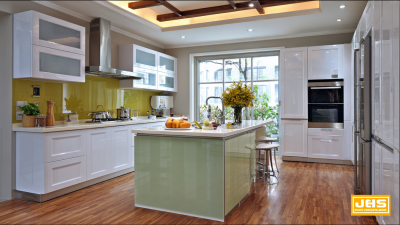
Global Access to Trusted Quality: Discover the Best Custom Kitchen Cabinets from China

